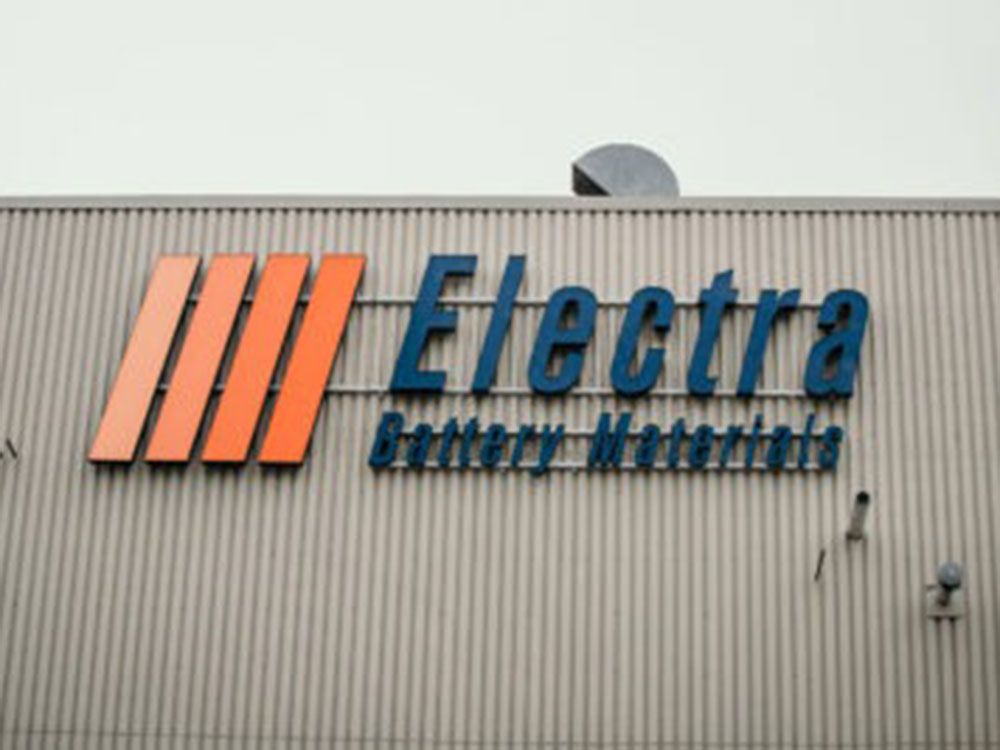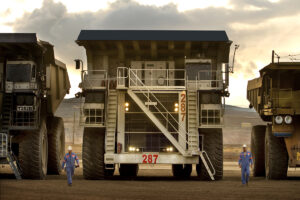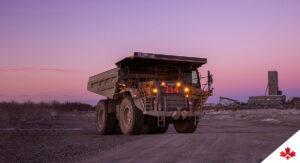Article content Canadian miner Electra Battery Materials Corp. said it’s the first company in North America to deploy a low-energy technique for recycling critical minerals from old batteries at scale, a breakthrough that could position the Toronto-based company to exploit the shift to a greener economy. Article content Electra reported positive results from tests at its refinery in Temiskaming Shores, Ont., where it separated key minerals using a water-based technology that requires less energy and emits less carbon than the heat-based process that most recyclers use. Article content “The results validate that our proprietary hydrometallurgical process is able to recover high-value elements from shredded lithium-ion batteries effectively,” the company’s chief executive, Trent Mell, said in a press release on Feb. 14. Mell added that the preliminary results “represent a significant milestone for the company and the industry.” Battery recyclers focus on collecting black mass, which is an industry term for expired lithium-ion batteries that have been shredded and have had their casings removed. It contains elements such as nickel, cobalt, copper, lithium and graphite, all of which are in high demand due to the rise in global sales of electric vehicles that run on batteries. Article content On Sept. 22 last year, Electra inked an agreement to supply LG Energy Solution Ltd., a global lithium-ion battery maker, with 7,000 tonnes of cobalt from its Ontario refinery, which the company had described as its “first big commercial contract.” The delay in the completion of the refinery won’t impact Electra’s agreement with LG, its vice-president of investor relations, Joe Racanelli, said on Feb. 13. In June, Electra said it was in discussions with the government of Quebec to construct a new cobalt refinery in Bécancour. In April, Glencore plc said it would purchase cobalt and nickel for one year from Electra’s battery recycling plant. The metals will be produced through the refining of black mass feed from lithium-ion batteries. • Email: nkarim@postmedia.com | Twitter: naimonthefield
This article was published by: Naimul Karim
Visit the original article here

Dryden gold mine builder wants to add more ounces
Reading Time: 4 minutesTreasury Metals president-CEO Jeremy Wyeth feels the Goliath Gold Complex outside Dryden is being a


